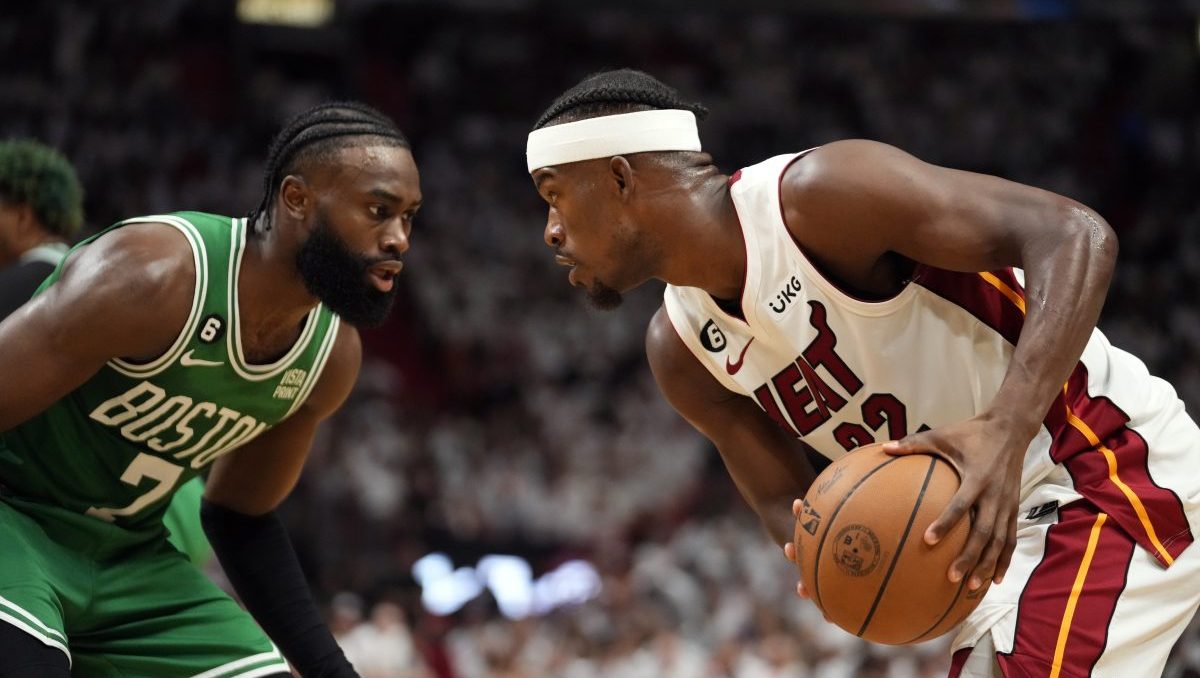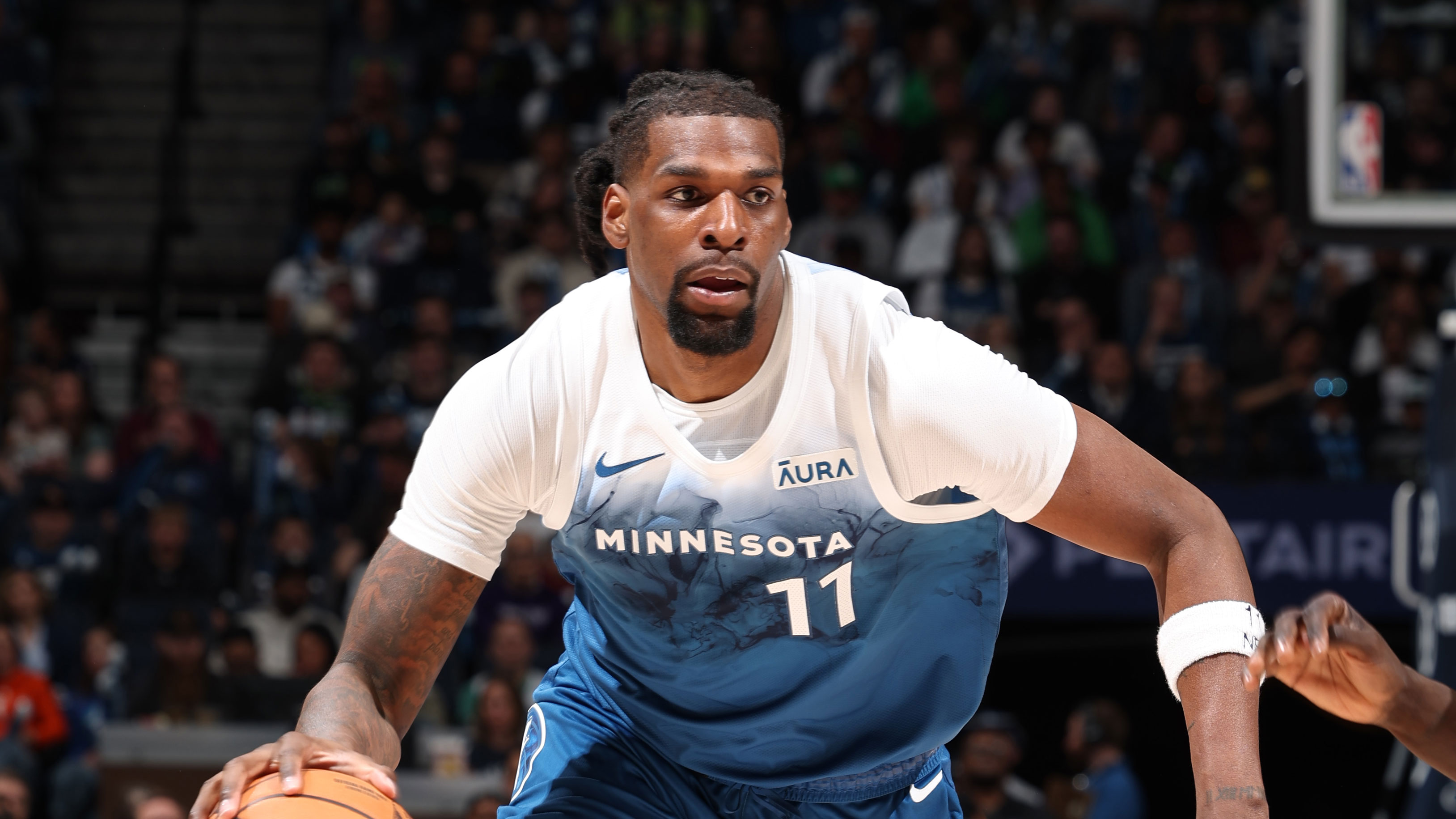
The Nuggets essentially paid the Sixers to take JaVale McGee off their hands. And now the Sixers will essentially pay McGee to go away.
The Sixers waived McGee on Monday, as first reported by USA Today. Because the move happened before the midnight deadline, McGee will be eligible to appear in the playoffs. He still has to clear waivers. And then he has to find another team.
According to a league source, a few franchises are interested in adding McGee as a third center for the postseason, provided they can sign him for the minimum for the remainder of the year. Initial reports had the Sixers and McGee discussing a buyout, but that seemed unlikely given how much money McGee has left on his contract. The Sixers owe him what’s left of his $11.2 million salary this season, and they will pay him $12 million next year. It’s not surprising that McGee didn’t want to give any of that money back just to go play for another team. Now he keeps that money, and he has the ability to look for a new gig. It worked out nicely for him.
It worked out for the Sixers, too. The Sixers added McGee only as a means to pry OKC’s first-round pick (protected 1-18) from Denver. The Nuggets wanted to unload McGee and his contract. The Sixers, who were well under the salary floor before the trade deadline, had plenty of cap room. They had to spend that money anyway, but by adding McGee they got a protected first rounder in the process.
If there’s anything curious here, it’s that the Sixers didn’t immediately waive McGee after the trade. He’s a known knucklehead who has had various issues on previous teams. After McGee landed in Philadelphia, he said he wanted to stick around and serve as a mentor for Joel Embiid and Nerlens Noel. McGee said it with seriousness, and he probably meant it, but that didn’t make the statement any less hilarious to those who have watched McGee’s disappointing career. If Embiid and Noel are young players the organization hopes to build around, sheltering them from whatever McGee considers mentorship is probably for the best.
Which, again, makes it a bit strange that the Sixers brought him into the fold at all. He played six games for the Sixers, which is six more than anyone predicted given his history and the likelihood that the team wouldn’t keep him around long term. A league source said the Sixers wanted to “pause and think” about McGee rather than immediately waive him. The idea was to get a “first-hand look” and see if they “felt differently” after seeing him up close. They obviously didn’t. That’s no real shock.
But the brief McGee audition is largely immaterial. The thing that mattered for the Sixers was the pick. It’s instructive to note that their cap flexibility allowed them to purchase a first rounder. Some teams value expiring contracts as a way to clear cap space for necessary moves. The Sixers — during the ongoing rebuild — have taken the opposite approach. Expiring contracts don’t mean much to them (Spencer Hawes, Evan Turner, Jason Richardson) because they generally operate well below the salary cap (and often the salary floor). When opportunities like the McGee trade present themselves, they have the ability to add salary without shedding any as a means to acquiring assets.
NBA
Next season, they should be in the same position. The Sixers will start the year with McGee’s $12 million on the books. Which is fine by them. At present, counting McGee and the rest of the guaranteed money, plus cap holds, the Sixers are looking at something around $30 million in salary. Add in what they’ll pay various draft picks and potential free agents to pad out the roster, and they won’t even reach $40 million to start the year. They’ll still be well under the 2015-16 salary cap (currently projected at $66.5 million). Which means the Sixers will be able to take on plenty of money again — if there’s something in it for them.


